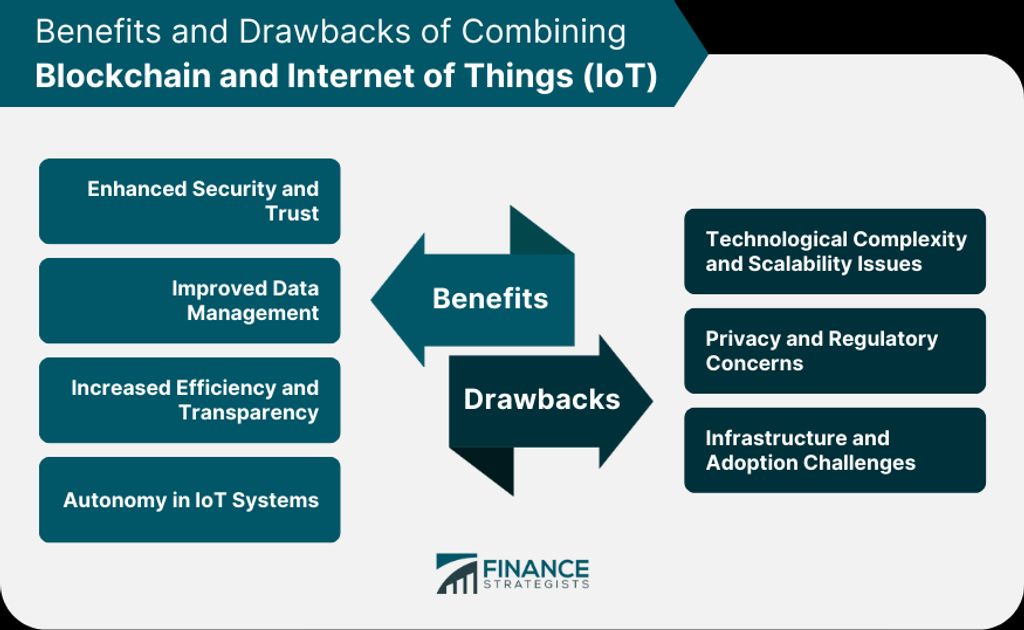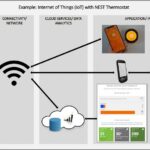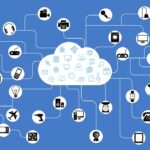The Internet of Things (IoT) has the potential to revolutionize the healthcare industry by transforming the way medical services are delivered. By connecting devices and gathering real-time data, IoT enables healthcare providers to enhance patient monitoring and care, improve efficiency in healthcare operations, and enable remote healthcare services. In this article, we will explore the role of IoT in revolutionizing healthcare and discuss key takeaways from this emerging technology.
Key Takeaways
- IoT enables real-time patient monitoring and personalized care, leading to improved health outcomes.
- By connecting medical devices and systems, IoT improves efficiency in healthcare operations, reducing costs and saving time.
- Remote healthcare services made possible by IoT allow patients to receive medical care from the comfort of their homes, increasing accessibility and convenience.
- Data security and privacy concerns are crucial when implementing IoT in healthcare, and strict measures must be taken to protect patient information.
- Collaboration between healthcare providers, technology companies, and regulatory bodies is essential for the successful integration of IoT in the healthcare industry.
The Role of IoT in Revolutionizing Healthcare

Enhancing Patient Monitoring and Care
Enhancing patient monitoring and care is one of the key areas where IoT is making a significant impact in healthcare. By connecting medical devices and wearables to the internet, healthcare providers can gather real-time data on patients’ vital signs, medication adherence, and overall health status. This enables healthcare professionals to monitor patients remotely and intervene promptly when necessary. Additionally, IoT devices can send automated alerts to healthcare providers when a patient’s condition deteriorates or when there is a need for immediate medical attention. This proactive approach to patient monitoring and care improves patient outcomes and reduces the risk of complications.
Improving Efficiency in Healthcare Operations
Improving efficiency in healthcare operations is a crucial aspect of leveraging IoT technology in the healthcare industry. By integrating IoT devices and systems, healthcare organizations can streamline their operations, reduce costs, and enhance patient care. One key area where IoT can improve efficiency is in inventory management. With IoT-enabled sensors and tracking systems, healthcare facilities can monitor and manage their inventory in real-time, ensuring that essential supplies are always available and reducing the risk of stockouts or overstocking. This not only saves time and resources but also improves patient safety and satisfaction.
Enabling Remote Healthcare Services
Enabling Remote Healthcare Services
The ability to provide healthcare services remotely is one of the key benefits of IoT in the healthcare industry. With IoT devices and sensors, healthcare professionals can monitor patients’ vital signs and health conditions from a distance, allowing for timely interventions and personalized care. Remote healthcare services also enable patients to receive medical consultations and advice without the need for physical visits to healthcare facilities.
Moreover, IoT technology facilitates the seamless exchange of medical data between healthcare providers and patients, ensuring accurate and up-to-date information is available for diagnosis and treatment. This not only improves the efficiency of healthcare operations but also enhances the overall quality of patient care.
Additionally, IoT-enabled remote healthcare services have the potential to address the challenges of limited access to healthcare in remote or underserved areas. By leveraging IoT devices and telemedicine platforms, healthcare providers can reach patients in remote locations, providing them with essential healthcare services and reducing the need for travel.
Overall, the integration of IoT in enabling remote healthcare services has the potential to revolutionize the healthcare industry, improving access to care, enhancing patient outcomes, and optimizing healthcare operations.
Conclusion
In conclusion, the Internet of Things (IoT) has the potential to revolutionize the healthcare industry. By enhancing patient monitoring and care, improving efficiency in healthcare operations, and enabling remote healthcare services, IoT technology is paving the way for a more connected and efficient healthcare system. With the ability to collect and analyze vast amounts of data, healthcare providers can make more informed decisions and deliver personalized care to patients. However, it is important to address the challenges of data security and privacy to ensure the successful implementation of IoT in healthcare. As technology continues to advance, the future of IoT in healthcare holds great promise for improving patient outcomes and transforming the way healthcare is delivered.
The Role of IoT in Revolutionizing Healthcare
What is IoT and how does it relate to healthcare?
IoT stands for Internet of Things, which refers to the network of interconnected devices that can collect and exchange data. In healthcare, IoT enables the integration of medical devices, wearables, and sensors to monitor patients, gather health data, and improve healthcare delivery.
How does IoT enhance patient monitoring and care?
IoT devices such as smartwatches, fitness trackers, and remote patient monitoring systems allow healthcare providers to continuously monitor patients’ vital signs, medication adherence, and activity levels. This real-time data enables early detection of health issues, personalized care plans, and timely interventions.
What are the benefits of IoT in improving efficiency in healthcare operations?
IoT can automate various healthcare processes, such as inventory management, asset tracking, and patient flow management. By optimizing these operations, healthcare organizations can reduce costs, minimize errors, streamline workflows, and improve overall efficiency.
How does IoT enable remote healthcare services?
IoT enables remote patient monitoring, telemedicine, and virtual consultations. Patients can use connected devices to measure vital signs, share health data with healthcare providers, and receive remote medical guidance. This improves access to healthcare, especially for individuals in remote areas or with limited mobility.
What are the security challenges associated with IoT in healthcare?
IoT devices in healthcare are vulnerable to cyber threats and data breaches. Protecting patient privacy, securing data transmission, and ensuring device authentication are critical challenges. Robust security measures, such as encryption, access controls, and regular software updates, are necessary to mitigate these risks.
How can healthcare organizations overcome the implementation challenges of IoT?
Implementing IoT in healthcare requires careful planning, infrastructure upgrades, and staff training. Healthcare organizations need to ensure interoperability of devices, data integration with existing systems, and compliance with regulatory standards. Collaborating with technology partners and conducting pilot projects can help overcome implementation challenges.




